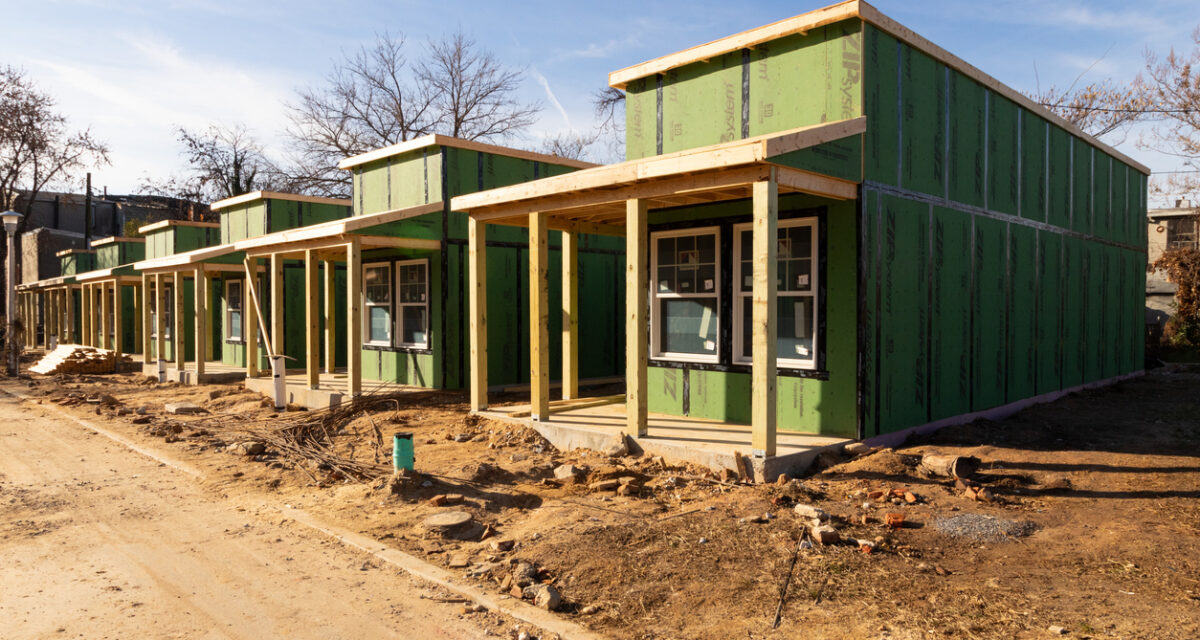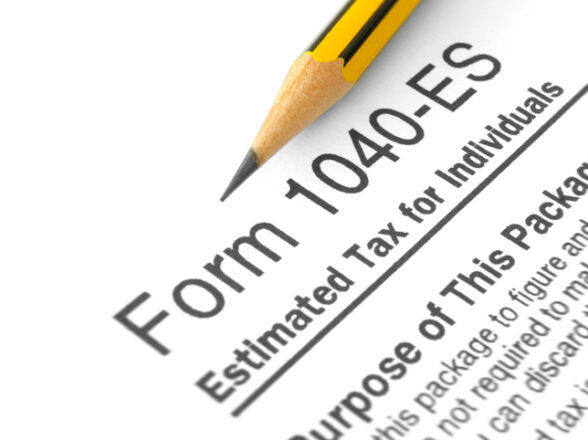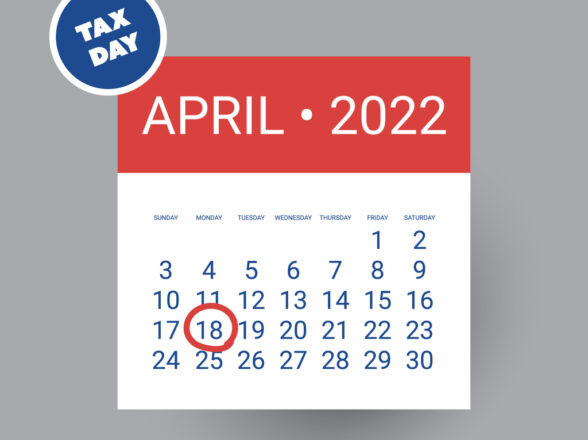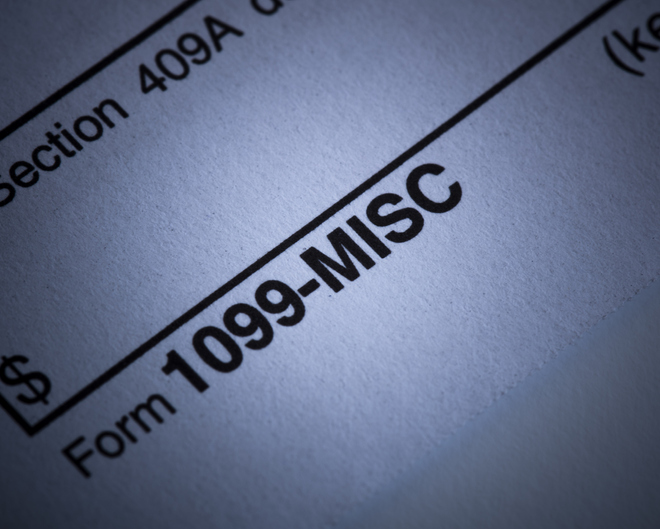Blog

As the affordable housing crisis continues to grip many parts of the country, state and local governments are exploring innovative solutions to generate funding for these critical initiatives. One approach gaining traction in the State of Massachusetts is the implementation of a “mansion tax” – a targeted levy on high-value residential properties.
The premise is straightforward: by imposing a modest tax on luxury homes, the revenue generated can be channeled directly into affordable housing programs and development. Proponents argue that those with the means to own lavish properties should contribute a fair share towards addressing the housing affordability challenges in their communities.
Opponents, however, contend that such taxes unfairly single out homeowners and could have unintended consequences, such as discouraging investment in the high-end real estate market. The debate continues, but the urgent need for affordable housing solutions means that creative funding mechanisms like the mansion tax are likely to gain further consideration in the years ahead.
The proposed 0.5% to 2% fee on property sales exceeding $1 million will create a sustainable revenue stream to support the construction and preservation of affordable units. This innovative approach mirrors similar measures, such as the one recently rejected by Chicago voters, underscoring the growing recognition that bold action is required to tackle this pressing issue.
The defeat of Chicago Mayor Brandon Johnson’s mansion tax proposal earlier this year highlights the public’s growing skepticism towards new taxes, even those intended to fund important initiatives like affordable housing construction. Voters were unconvinced that the proposed $160 million in annual revenue would truly make a meaningful difference, likely swayed by concerns over the broader economic impact of such a tax.
Similarly, the year-old mansion tax in Los Angeles has failed to meet revenue projections, falling hundreds of millions of dollars short of anticipated funds. This underscores the challenge of relying on targeted taxes to solve complex societal issues. Policymakers must carefully consider the broader implications and public sentiment before implementing such measures, lest they risk further eroding trust in government’s ability to effectively address pressing problems.

























































